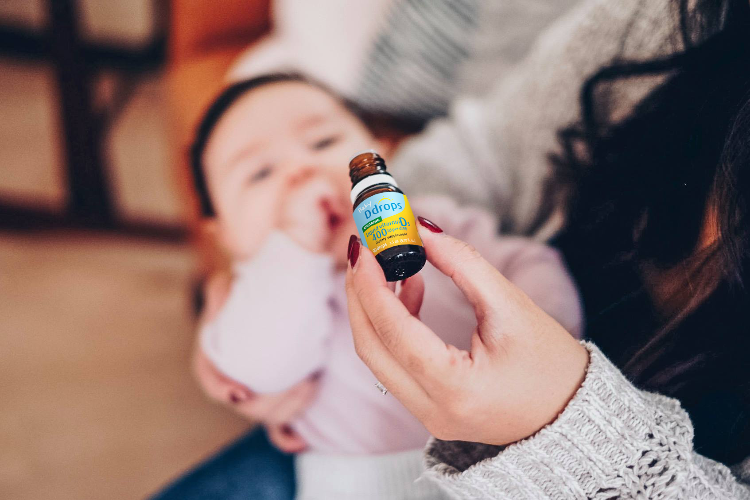February 21, 2018
Rheumatoid arthritis is an autoimmune disease that causes the body to attack the joints. Over time, the cartilage, which holds the joints together, and the surrounding bone of the affected joints wear away.[1] If you have rheumatoid arthritis you probably already know how the disease affects your joints, but what you may not know that it can also impact your overall bone health too. This occurs for a variety of different reasons.
Rheumatoid arthritis can limit your ability to perform even the most basic tasks, which means it also likely limits your ability to exercise.[1] Weight-bearing exercise is important for keeping your bones strong and if you aren’t getting any exercise it makes it harder to keep your bones healthy.
It is also very common to treat rheumatoid arthritis with steroids, such as prednisone or methylprednisolone, to help control many of its symptoms. While this type of medication certainly helps to improve rheumatoid arthritis, if they are taken over a long period of time (usually for more than three months) they can weaken your bones or even cause osteoporosis.[2]
There is also evidence suggesting that the disease itself causes bone loss throughout your body. Although, bone loss is greatest around the joints that are affected by rheumatoid arthritis.[2]
So, what can you do to improve the health of your bones and prevent yourself from getting osteoporosis? To keep your bones strong, calcium and vitamin D are important. Current recommendations suggest doses of at least 1,000 mg of calcium per day if you are under the age of 50 and 1,200 mg if you are a woman over the age of 50.[3]
Men over the age of 70 should take 1,200 mg of calcium per day.[3] Adequate vitamin D is also important for bone health and recommended starting doses are between 600 and 800 IU (International Units) of vitamin D per day, with an upper limit of 4,000 IU/day.[3] While some of these nutrients can come from your diet, you may consider taking a supplement if you don’t eat or drink a lot of dairy products, live in a northern climate with little sunlight, or use sunscreen when you are outdoors.
You should also get plenty of weight-bearing exercises when possible, avoid smoking, and avoid drinking excessive amounts of alcohol. Speaking with your doctor about having a bone density test to see if you already have osteopenia or osteoporosis may also be a good idea. If you have weakened or brittle bones you could be at high risk of breaking one of your bones. It is very important to be are proactive about your bone health!






Để lại một bình luận
Trang web này được bảo vệ bằng hCaptcha. Ngoài ra, cũng áp dụng Chính sách quyền riêng tư và Điều khoản dịch vụ của hCaptcha.